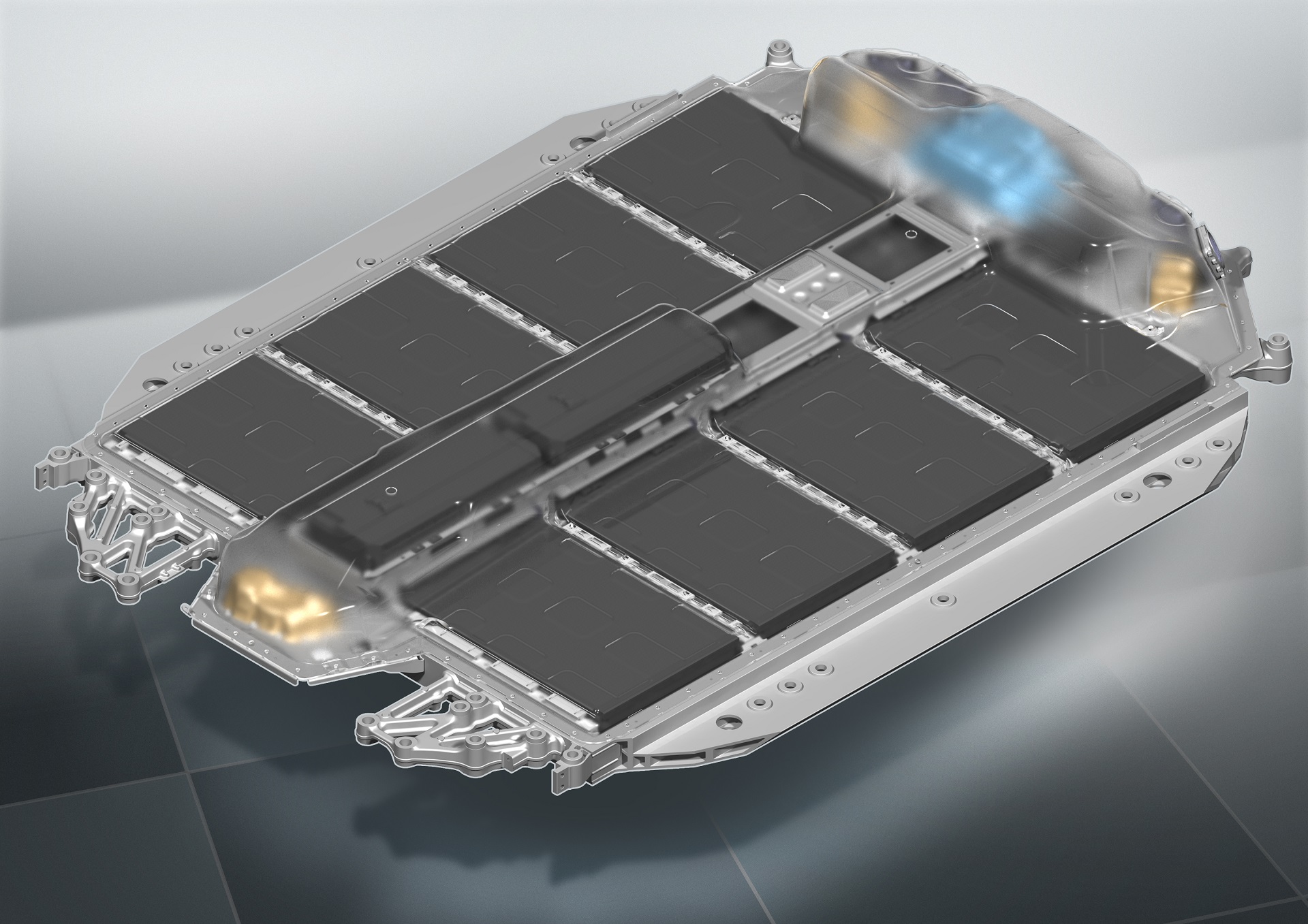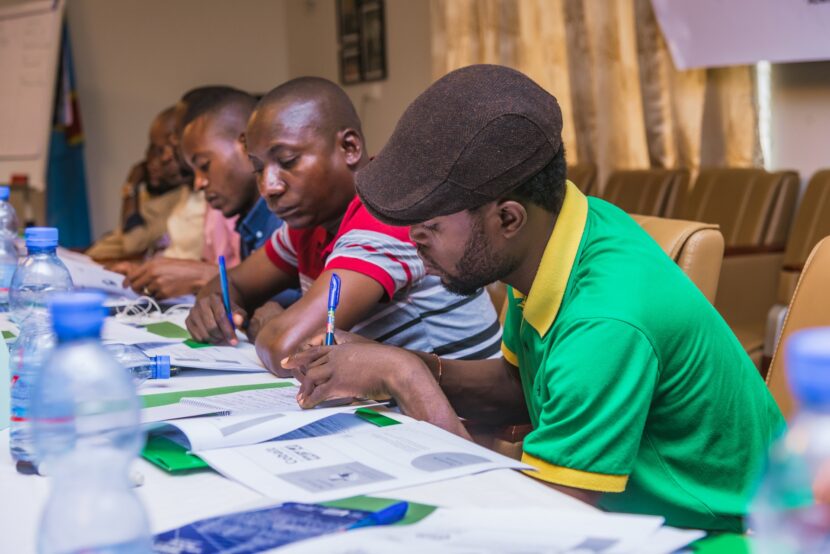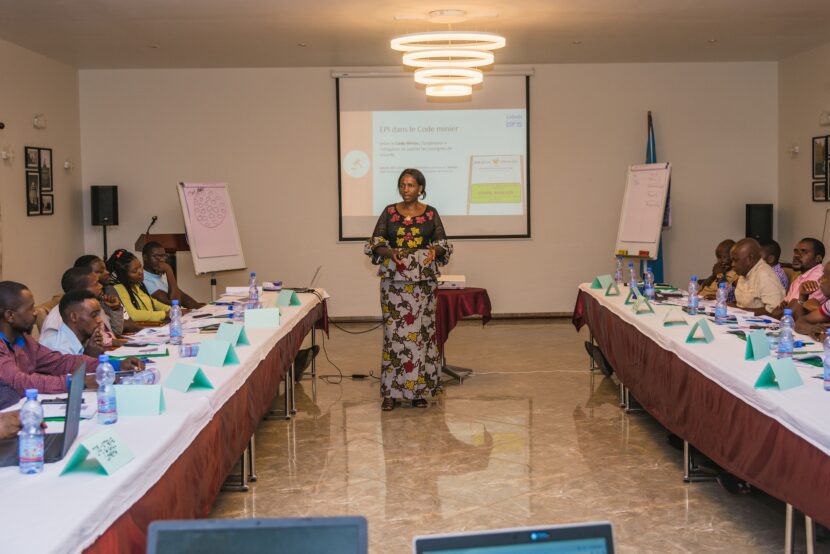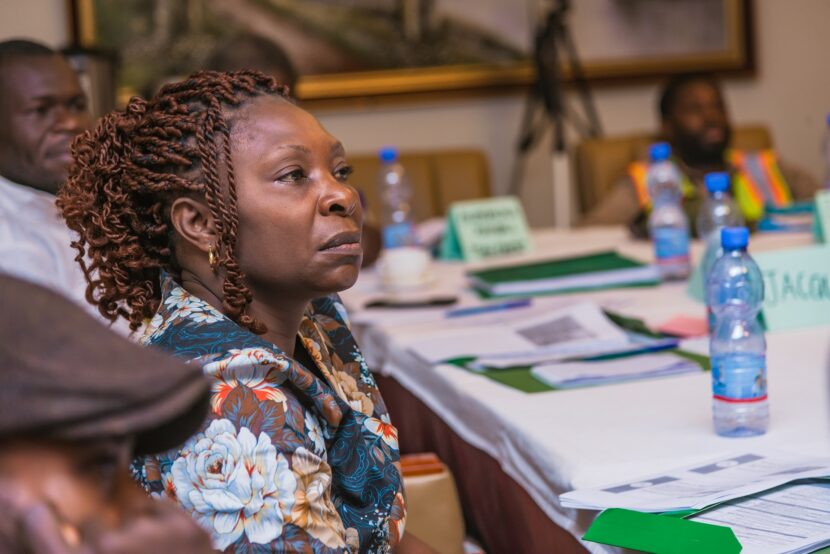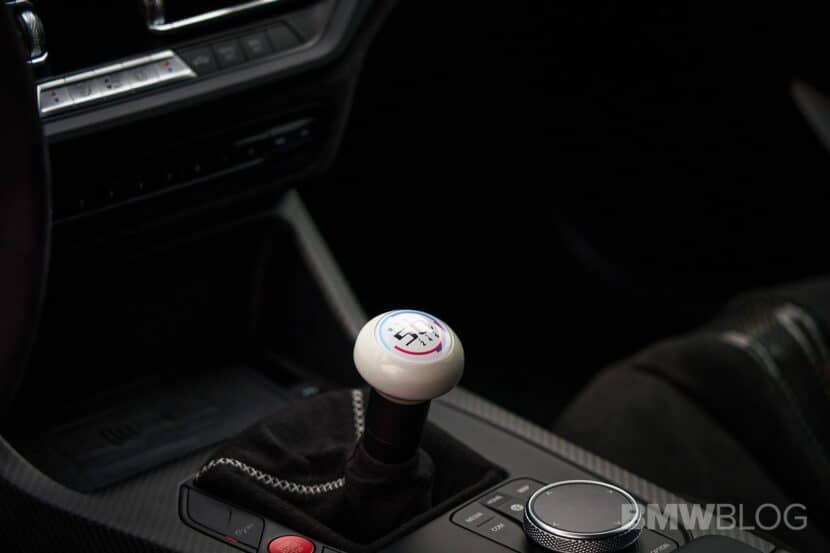One of the main arguments naysayers have against the migration towards electric or electrified cars has a lot to do with the resources needed for them to be made. Basically, they claim that the entire manufacturing process for an EV is so much more damaging that it nullifies the advantages these cars have. In that regard, cobalt holds a special place, as it is necessary and has been mined in terrible conditions so far.
BMW promised to make sure it uses only sustainably-sourced cobalt in its cars and, in order to do that, it signed only certain partners as providers, partners that could prove they do things the right way. Not only that but BMW joined an initiative that aims to help out people in places where cobalt is mined and try to improve their lives as much as possible through a variety of measures. This week, the ‘Cobalt for Development’ project kicked off in Kolwezi, the Democratic Republic of Congo.
This project aims to train twelve artisanal mining cooperatives, covering major environmental, social and governance aspects for responsible mining practices. This includes mine site management and legal compliance, human rights, health and safety as well as environmental management.
The initiative intends to train more than 1,500 artisanal cobalt miners by mid-2021. BMW, BASF, Samsung SDI and Samsung Electronics had initiated the project “Cobalt for Development” to better understand and address challenges for responsible artisanal mining in the region. ‘
Since January 2019, the Deutsche Gesellschaft für Internationale Zusammenarbeit (GIZ) GmbH is commissioned to implement the project together with non-governmental organizations. Volkswagen recently joined the initiative as new partner.
In 2019, the project began testing how living and working conditions in Kolwezi’s artisanal cobalt mines and in the surrounding communities can be improved. The project has developed interactive training methods and materials that can be adapted to any artisanal cobalt mining cooperative in DR Congo.
“For our e-mobility strategy, sustainable and responsible sourcing of raw materials is of utmost importance. In this regard, cobalt plays a vital role, despite a decreasing amount of the raw material in newer generations of batteries for electric vehicles. Through this initiative, we would like to add to our sustainable raw material strategy by delivering impact on the ground – in close cooperation with strong partners,” said Ullrich Gereke, Head of Procurement Strategy of Volkswagen Group.
Creating additional income opportunities for families in artisanal mining areas will reduce the dependence on their children contributing to family income and enable them to attend school. Therefore “Cobalt for Development” has been carrying out impactful community activities in Kisote and neighboring villages with its partner Bon Pasteur/Good Shepherd International Foundation since September 2019.
So far, more than 1,800 residents of these communities – children, their parents and other community members – have benefited from improved access to education and new income opportunities. A new, seven-classroom building for Kisote’s public elementary and secondary school was inaugurated on October 26. The former school building will be renovated and converted into a vocational training center.
The members of two women associations already successfully completed a vocational training course in bread-making. Trainings in farming and financial literacy as well as the establishment of money savings groups support further income-generating activities. Additional activities include training in positive parenting, women’s rights and conflict resolution.


